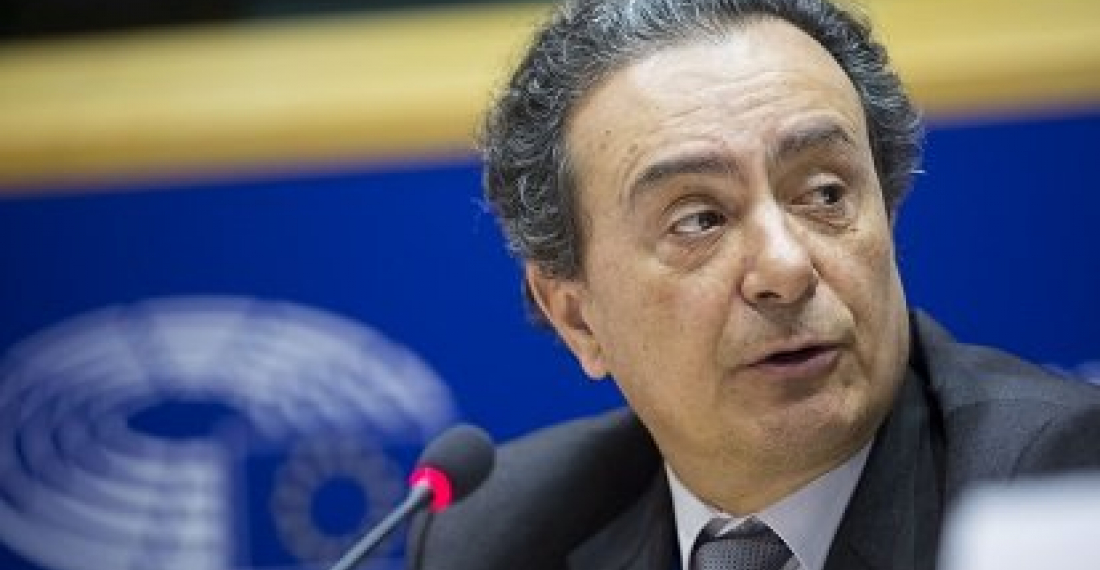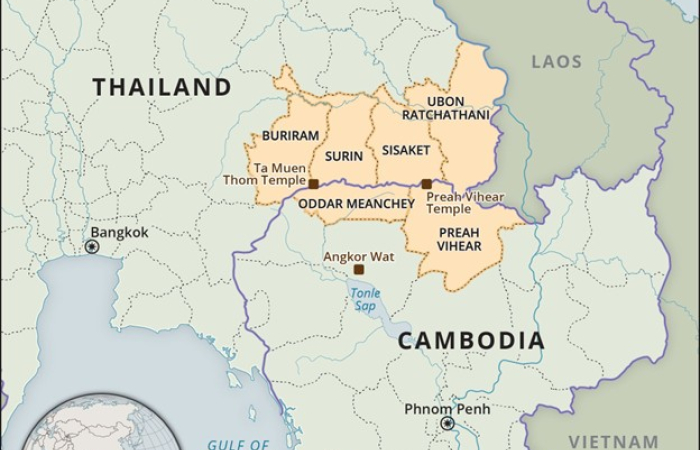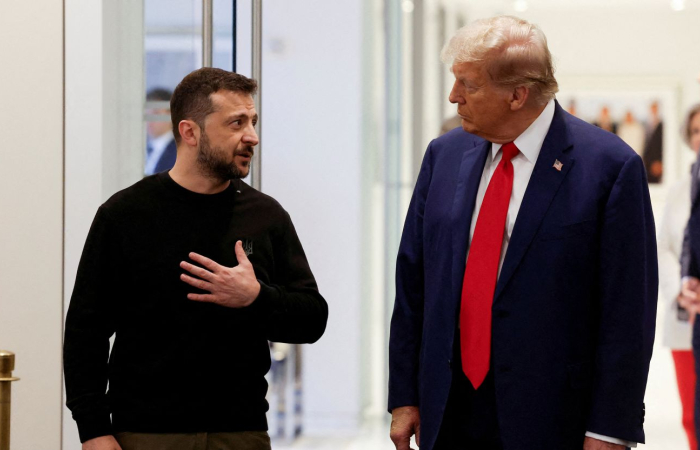EEAS official Adriano Martins outlined the EU percpetion of its relations with Azerbaijan during a LINKS-EPC event at the European Parliament on 7 March.
"Azerbaijan is an important partner for the EU and is a partner within the Eastern Partnership where the six partners and the EU commited to uphold values of democracy, human rights and free market. We work together in this political and cooperation framework to address challenges and develop a closer relationship based on a partnership of equals and of mutual benefit." This was stated by Adriano Martins, Deputy Head of the Eastern partnership Division of the European Union External Action Service when he addressed the conference "EU-Azerbaijan relations: taking the relationship to a higher level", that was organised by LINKS and the EPC in the European Parliament on Tuesday, 7 March 2017.
Other speakers in the event included the Deputy Foreign Minister of Azerbaijan, Mahmud Mamed-Guliev; MEPs Heidi Hautala (Greens) and Andreijs Mamikins (S and D Group), Fuad Muradov MP, Head of the Azerbaijan Delegation to the Eurosnest Parliamentary Assembly; Cavanansir Feyziyev MP, Joint Chair of the Azerbaijan-EU Interparliamentary Committee; Rovzan Rzayev MP, Matthew Bryza (Atlantic Council), Ahmad Alili (CESD) and Dennis Sammut LINKS). Amanda Paul (EPC) chaired the event.
You may read more on the conference here
In his address to the conference Adriano Martins mentioned tangible results of the positive current trend in relations between the EU and Azerbaijan, including the successful visit of President Aliyev to Brussels on 6 February; the launch of negotiations on the new Agreement the day after; the resumption of contacts under the PCA, which has already resulted in all four subcommittee meetings (after a pause of two years); and the resumption of cooperation between the Azerbaijan Parliament and the European Parliament."I am convinced that the negotiations and the new agreement will contribute to deepening our relations raising them at the level of institutions, and bringing real and sustainable benefits to citizens. We are looking forward to discussing the text in our next round of negotiations at the end of April in Baku", Mr Martins told the gathering.

Speaking about the history of EU-Azerbaijan relations, Mr Martins said,
"In 2016 we celebrated 25 years of relations between independent Azerbaijan and the EU. We have travelled a long (and not always easy) way over those years, including previous attempts to update our current legal basis, but today we are both determined to advance our cooperation, in our mutual interest. The decision to open negotiations on a new agreement reflects an evolution of a continuous strengthening of our partnership, building on our first Partnership and Cooperation Agreement (PCA) which entered into force in 1999. Azerbaijan has changed much since then, and so has the EU.
The new agreement should also allow us to begin building on the existing PCA and to broaden the scope of our relations, taking account of the Review of the European Neighbourhood Policy as well as new global political and economic challenges we face together.
The launch of negotiations is also a result of Azerbaijan's draft proposal for an "Agreement for a Strategic Partnership" handed over during the Eastern Partnership summit in Riga and corresponds to your expressed interest in a rapid launch of negotiations. It should allow us to begin building on the existing Partnership and Cooperation Agreement between the EU and Azerbaijan to broaden the scope of our friendly relations, taking account of the Review of the European Neighbourhood Policy as well as new global political and economic challenges we face together.
Sectoral cooperation should be ambitious. New opportunities raise now in areas such as tourism, infrastructure and transportation links. Important aspects are the possibilities for EU companies to take part in public procurement. The EU stands ready to cooperate and support Azerbaijan in this respect and is open to broadening and opening new areas of cooperation."
Mr Martins touched on the issue of governance and human rights and laid down the position and expectations of the European Union:
"Expectations for a strong new partnership are high. In this respect, a well-functioning democracy with a solid system of checks and balances is vital. We believe that the negotiating process will be guided by a strong commitment to values of democracy, rule of law and respect for human rights, as well as principles of market economy. These expectations were expressed by the EU Member States on the occasion of our adoption of the negotiating mandate.
The EU remains concerned regarding human rights. Some activists are still in prison and some others have been detained and sentence with harsh sentences. The EU expects Azerbaijan to uphold its international commitments both as regards fundamental freedoms and due process.On the Constitutional amendments passed by referendum on 26 September 2016, we have encouraged AZ to take account of the opinion of the Council of Europe's Venice Commission, especially when it comes to implementation of these changes, both as regards their content and the surrounding process.
Speaking about the new agreement, Adriano Martins said, "political reforms and economic cooperation will be important aspects, at equal footing with our strategic energy relation and the importance of the Southern Gas Corridor's role in the EU's strategy to diversify our energy sources and transportation routes. At the same time, this agreement should help our citizens and companies to come closer together and to make the most out of new opportunities."
source: commonspace.eu






